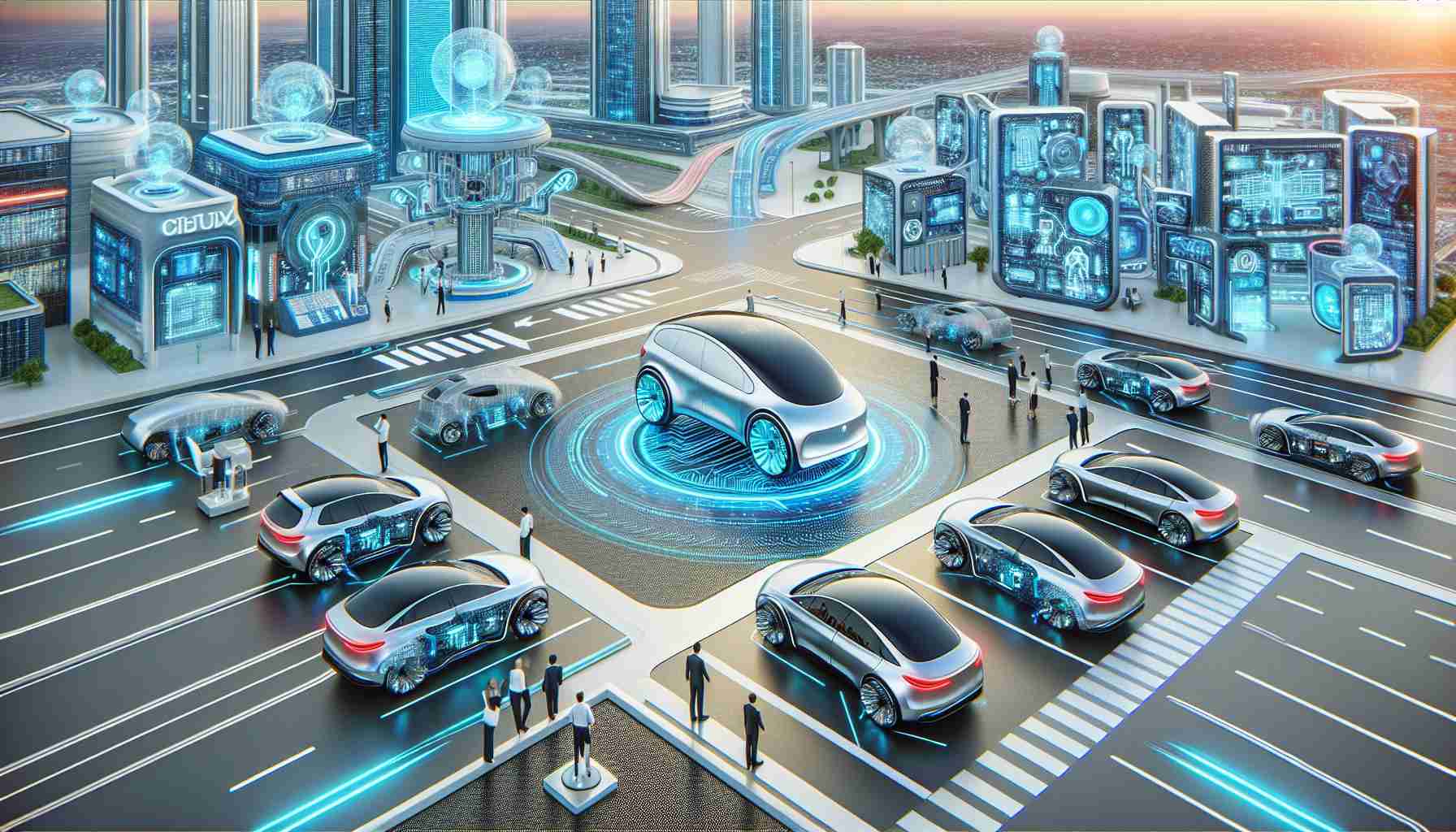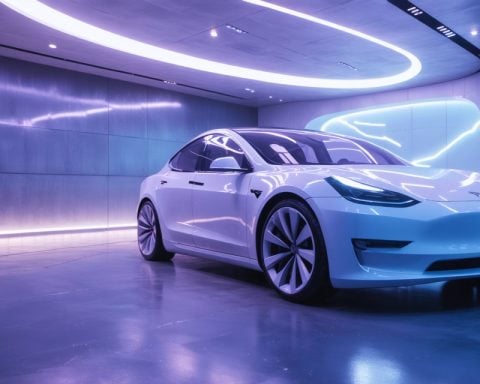In a groundbreaking development, a new generation of autonomous vehicles is on the horizon, brought to fruition by innovative minds in the automotive industry.
Tesla, under the leadership of visionary entrepreneur Elon Musk, has unveiled its latest creation, the cutting-edge autonomous vehicle known as the Cybercab. This futuristic vehicle, smaller in size compared to traditional models, is already making waves as it navigates the streets of Texas without the need for a human driver.
Unlike conventional vehicles, the Cybercab lacks traditional controls such as steering wheels, pedals, or levers, embodying a significant leap forward in automotive design. With only a sizable screen in place of the usual cockpit, the Cybercab heralds a new era of driverless transportation.
While Musk envisions a future where fully self-driving vehicles are the norm, experts like Dr. Marcela Riccillo caution that achieving complete autonomy may still be a distant goal. Nevertheless, the progress made in autonomous technology signifies a monumental shift in the automotive landscape.
As the automotive industry races towards a future where self-driving vehicles are commonplace, the debut of the Cybercab marks a pivotal moment in the journey towards realizing Musk’s ambitious vision of a world with autonomous transportation at its core.
The Future of Autonomous Vehicles: Accelerating Progress and Unveiling New Frontiers
With the unveiling of Tesla’s Cybercab, the automotive industry is witnessing a major leap towards a future dominated by autonomous vehicles. However, as this innovative technology progresses rapidly, several key questions arise, shedding light on both the advantages and challenges associated with autonomous vehicle development.
What are the key challenges in achieving complete autonomy?
Achieving full autonomy in vehicles poses significant hurdles, including regulatory concerns, ethical dilemmas surrounding decision-making in complex situations, ensuring robust cybersecurity measures, and addressing societal acceptance of autonomous technology.
What are the advantages of autonomous vehicles?
Autonomous vehicles offer the potential to improve road safety by reducing human errors, enhance traffic flow efficiency, provide increased accessibility to transportation for individuals with mobility challenges, and potentially lower fuel consumption through optimized driving patterns.
What are the disadvantages of autonomous vehicles?
On the flip side, concerns persist regarding the technology’s reliability in various weather conditions, potential job displacements in industries reliant on human drivers, uncertainties surrounding liability in accidents involving autonomous vehicles, and the need for continuous updates to stay ahead of evolving technological threats.
As the automotive landscape evolves towards a future filled with autonomous vehicles, it’s essential to navigate the complexities and uncertainties that come hand in hand with this technological revolution.
For more insights into autonomous vehicles and their impact on the automotive industry, visit tesla.com for cutting-edge developments and advancements in autonomous vehicle technology.












